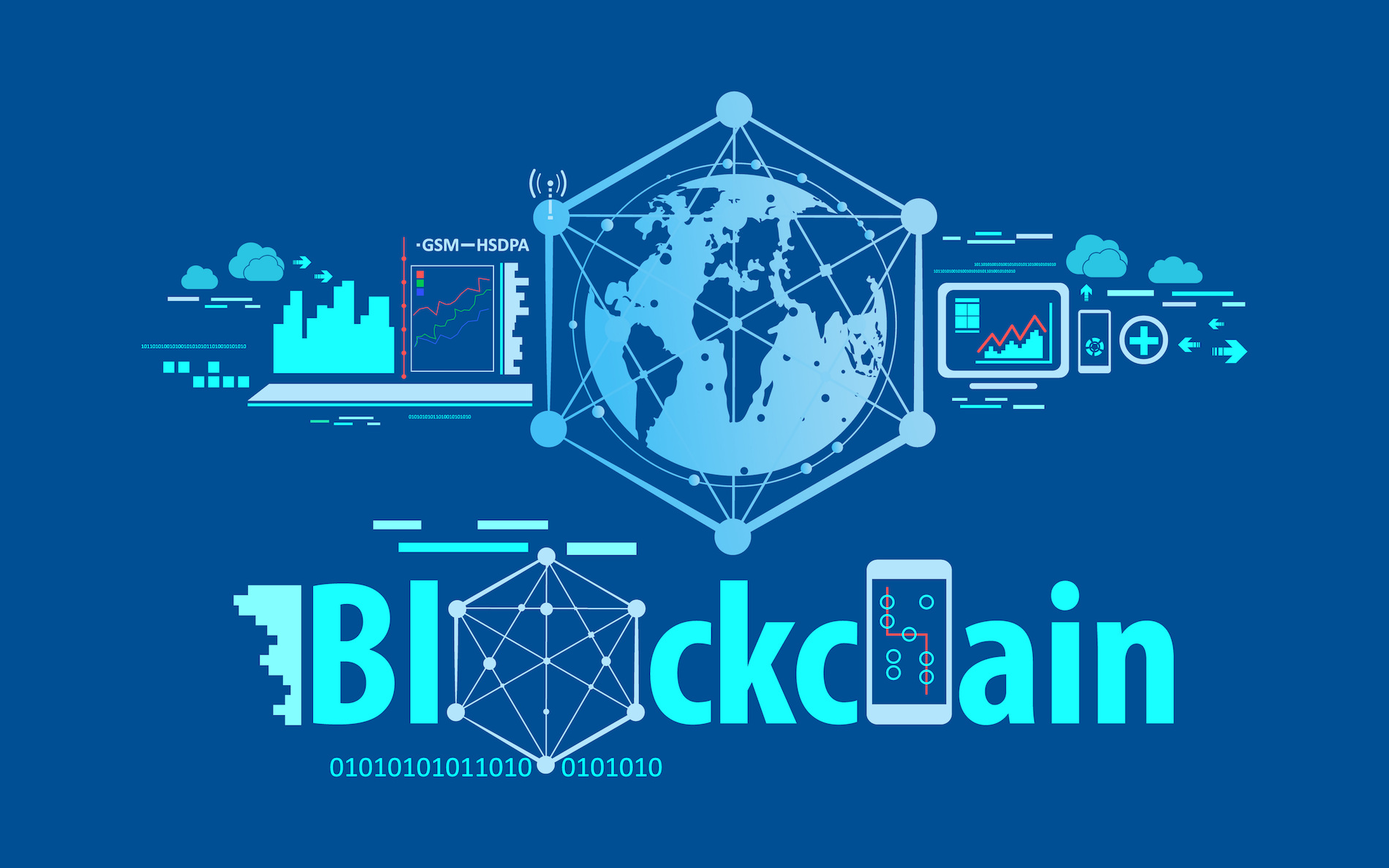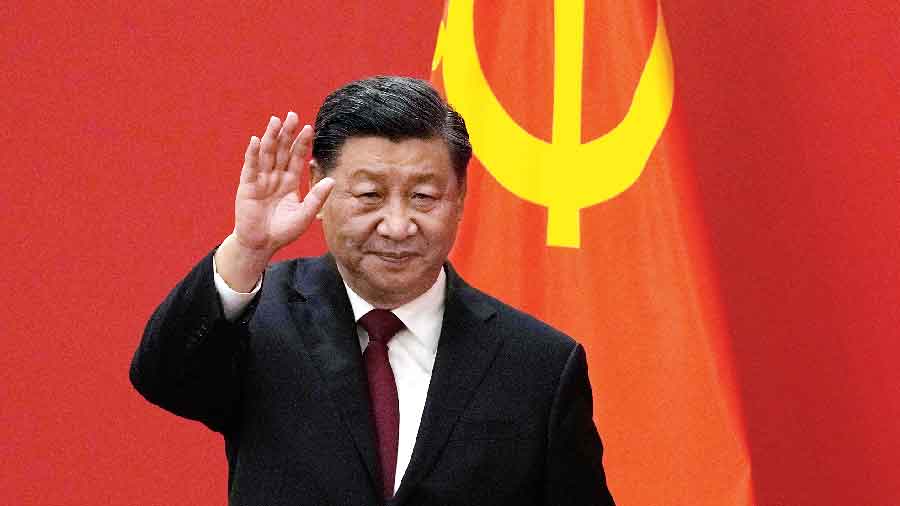Introduction: The Leadership of Imran Khan
Imran Khan, the Prime Minister of Pakistan, has embarked on a journey marked by ambition, charisma, and a vision for a new Pakistan. Delving into the details of his leadership reveals a narrative characterized by political upheaval, economic challenges, and a commitment to reform and progress.
Rise to Power: From Cricket Star to Political Leader
Born in 1952 in Lahore, Pakistan, Imran Khan first gained international fame as a cricket icon, leading Pakistan to victory in the 1992 Cricket World Cup. After retiring from cricket, Khan transitioned to politics, founding the Pakistan Tehreek-e-Insaf (PTI) party in 1996. Despite facing challenges and setbacks, Khan’s message of anti-corruption and accountability resonated with a new generation of Pakistanis, leading to his historic election as Prime Minister in 2018.
Anti-Corruption Agenda: Fighting for Accountability
One of Imran Khan’s central promises as Prime Minister has been to root out corruption and hold the powerful accountable. His government has launched a series of anti-corruption initiatives, including the establishment of the National Accountability Bureau (NAB) and the introduction of legislation aimed at strengthening transparency and accountability in government. While progress has been made, challenges remain in addressing systemic corruption and entrenched interests.
Economic Reforms: Navigating Challenges
Imran Khan’s leadership faces significant economic challenges, including high levels of debt, inflation, and unemployment. His government has implemented a series of reforms aimed at stabilizing the economy and promoting growth, including efforts to attract foreign investment, streamline bureaucracy, and improve the business climate. However, these efforts have been hampered by external pressures, such as the COVID-19 pandemic and geopolitical tensions.
Social Initiatives: Investing in Human Development
Imran Khan’s government has prioritized social initiatives aimed at improving education, healthcare, and social welfare. Programs such as the Ehsaas program, aimed at reducing poverty and providing financial assistance to the needy, and the Kamyab Jawan program, aimed at empowering youth through education and entrepreneurship, reflect a commitment to investing in human development and reducing inequality.
Foreign Policy: Balancing Regional Dynamics
Imran Khan’s foreign policy agenda is characterized by a focus on regional stability and engagement. His government has sought to improve relations with neighboring countries, including India and Afghanistan, while also strengthening ties with traditional allies such as China and Saudi Arabia. Khan has advocated for peaceful resolution of conflicts and cooperation on issues such as counterterrorism and economic development.
Challenges and Criticisms: Facing Scrutiny
Despite his efforts, Imran Khan’s leadership has faced criticism on various fronts. Critics accuse his government of failing to deliver on key promises, such as job creation and institutional reform, and of mismanaging economic challenges. Khan’s handling of human rights issues, including freedom of expression and media censorship, has also drawn criticism from civil society and international observers.
Conclusion: Charting the Path Forward
In retracing the leadership of Imran Khan, we encounter not just a leader but a symbol of Pakistan’s aspirations and challenges in the 21st century. His tenure as Prime Minister has been marked by moments of progress and setback, success and struggle. As Pakistan navigates the complexities of governance and development, let us draw inspiration from Khan’s vision and commitment to building a better future for all Pakistanis.




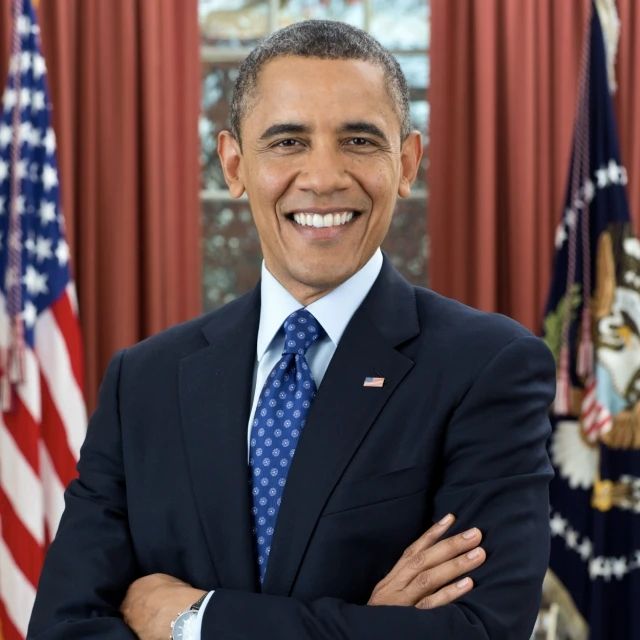
)

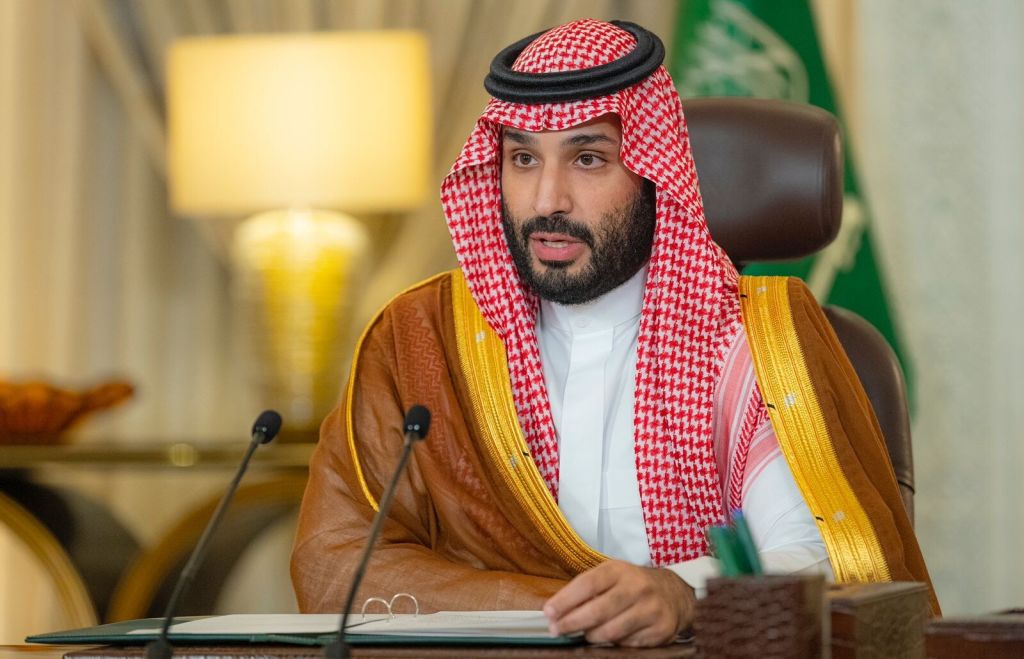
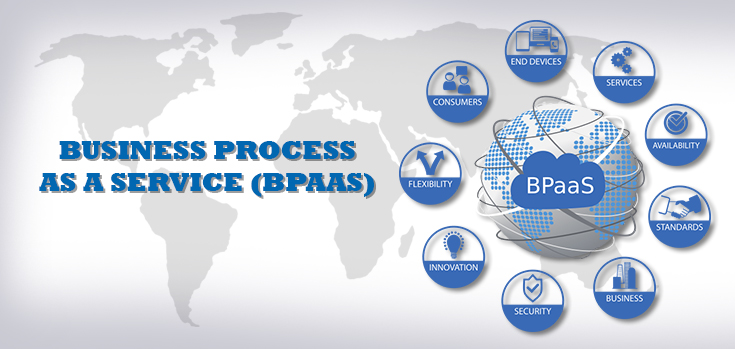



+The+Future+of+Technology.jpg)
